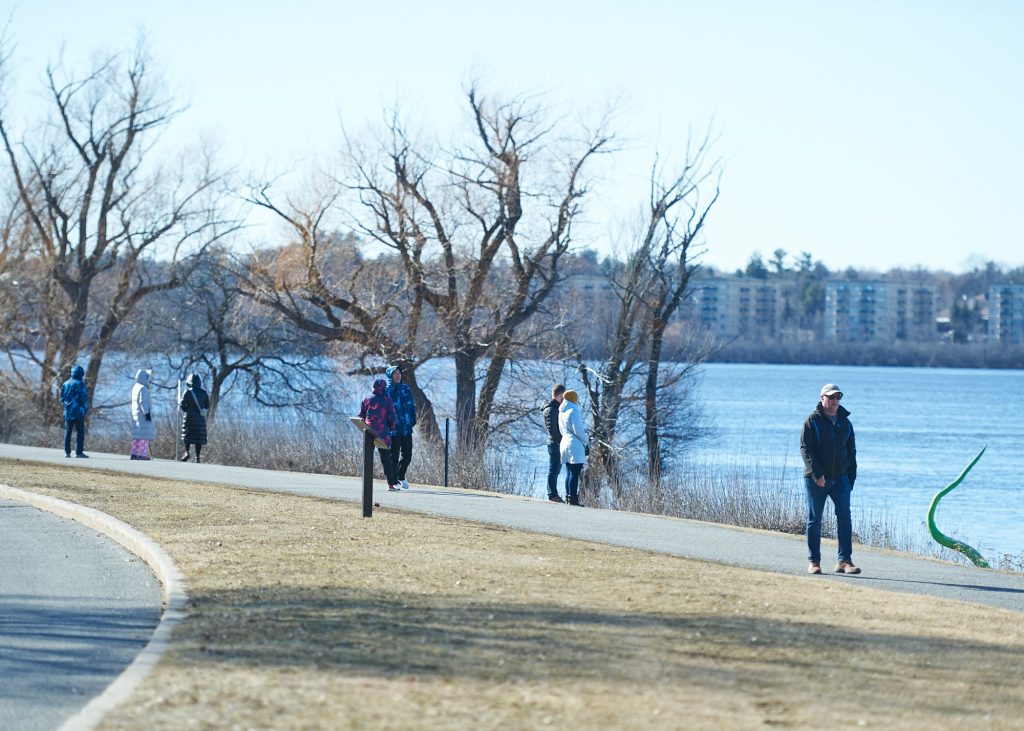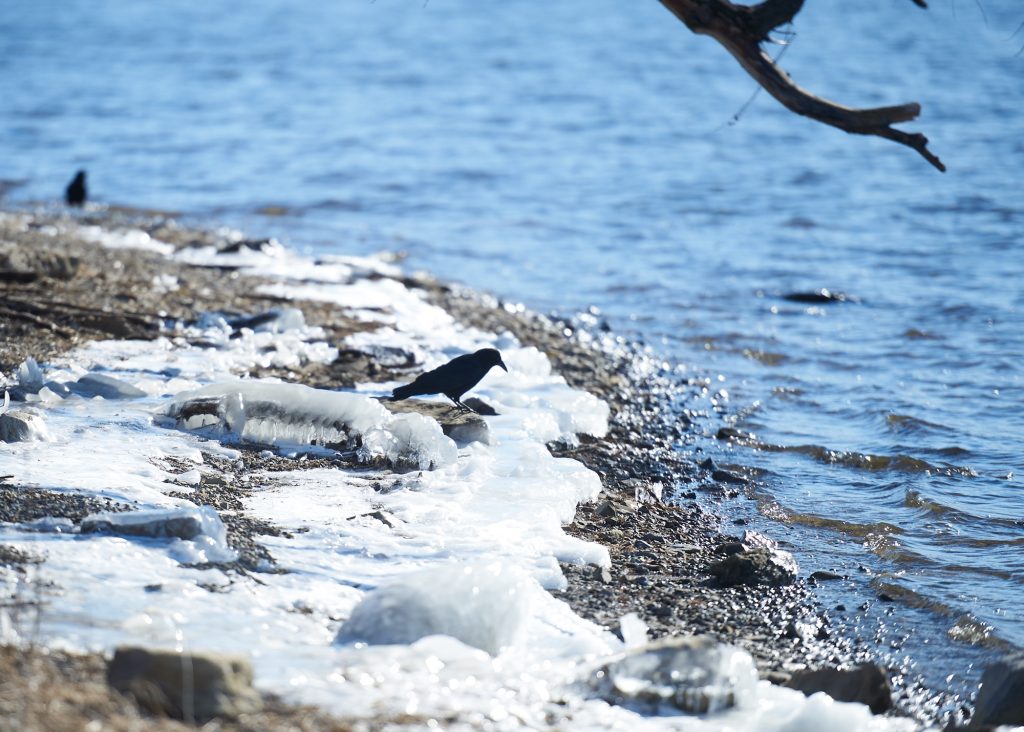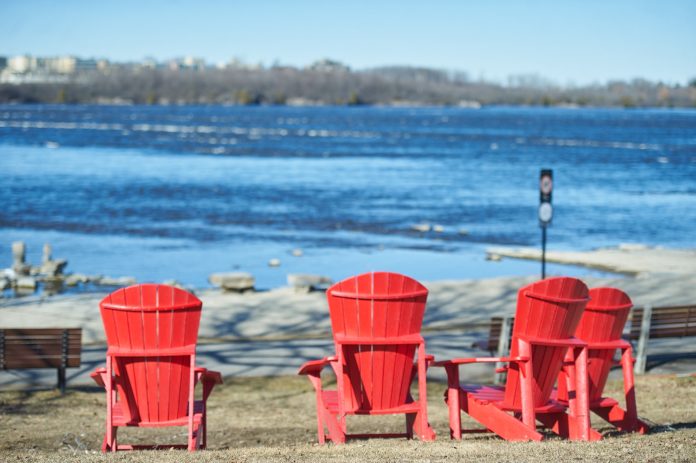By Max Finkelstein
Many people are rejoicing and feeling blessed about the mild non-winter we have had in Ottawa. But some, including yours truly, have the opposite view.
We shouldn’t be celebrating a lack of winter but grieve its loss.
Besides the obvious — no skating on the Rideau Canal or not much skiing on the Kichi Sibi Winter Trail — there is much more to think about before we permanently hang up our winter gear.
Will you feel thankful when you are dosing on doxycycline to cure your Lyme Disease as hordes of southern deer ticks invade the city this spring? Fewer -20 days means more ticks. Or what about when you’re swatting mosquitoes away in April? A warm winter means more mosquitoes and a longer mosquito season. If that’s not all, what about when you slip and fall on an icy trail or in your driveway? Multiple close friends of mine already have broken bones doing this.
Falls on ice are the number one cause of winter sport injuries, according to the latest stats from the Canadian Institute for Health Information, and warmer winter temperatures result in more fall-related visits to the Emergency Department. Colder temperatures, however, decrease fall-related hospital visits, according tosaid Health Promotion and Chronic Disease Prevention in Canada.
That’s the toll climate change takes on us, but what about our non-human neighbours?

Related: Father and son canoe bonding trip takes strange twist after police pursuit.
Warm winter weather disrupts natural cycles for prey and predators. Birds mistime their arrival and have fewer insects to feed on. Bears end hibernation early and must find food when there isn’t much around. Less snow and above-zero days and nights means very little spring runoff, and what little there has been this year ran off early. Pickerel and pike will struggle when they find that their spring spawning sites, gravel riffles and flooded fields are bone dry when spawning and mating time comes around in late April.
I could go on, but you get the gist of my frustration.
The inhabitants of winter, both human and non-human, need to breathe cold air and feel the vigor and freedom that winter sunshine blesses us with. Winter gives us the freedom to glide over ice and snow and roam the forests, fields and frozen waterways.
My wife Connie and I were so discouraged by the warm winter weather that we spent much of the winter in Dawson City in the northern Yukon. We are snowbirds in reverse, migrating north in winter — and we are not alone.
The next time you think about rejoicing over a mild non-winter, think about what we are giving up in exchange for shoveling a little less snow and wearing one less layer.
Max is a Kitchissippi resident who has spent his career as a biologist, interpretive planner and park planner with Canada’s national parks and the Canadian Wildlife Service. He has travelled more than 25,000 km by canoe throughout North America, South America, Europe, Africa and Australia.

